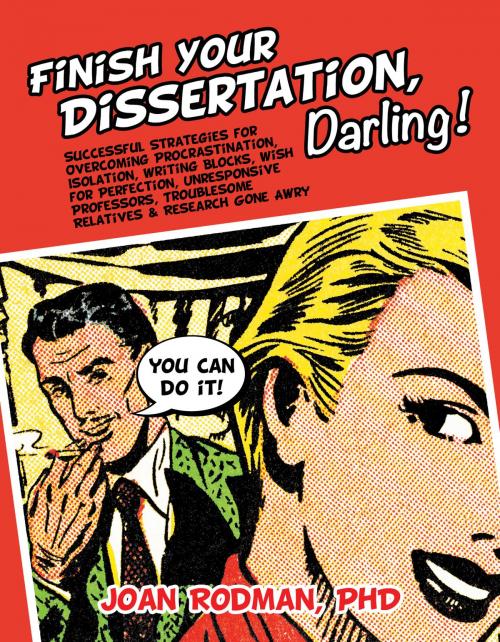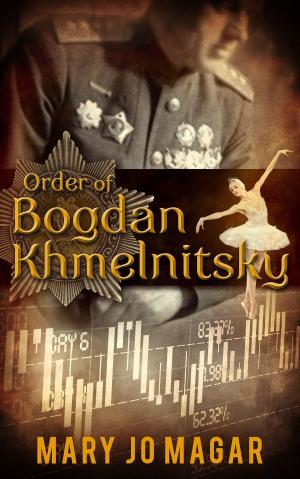Finish Your Dissertation, Darling!
Successful Strategies for Overcoming Procrastination, Isolation, Writing Blocks, Wish for Perfection, Unresponsive Professors, Troublesome Relatives & Research Gone Awry
Nonfiction, Health & Well Being, Psychology, Applied Psychology, Reference & Language, Education & Teaching, Higher Education, Interpersonal Relations| Author: | Joan Rodman, PhD | ISBN: | 9781634135788 |
| Publisher: | Publish Green | Publication: | December 15, 2009 |
| Imprint: | Language: | English |
| Author: | Joan Rodman, PhD |
| ISBN: | 9781634135788 |
| Publisher: | Publish Green |
| Publication: | December 15, 2009 |
| Imprint: | |
| Language: | English |
Finish Your Dissertation, Darling is a love offering to dissertation writers by a clinical psychologist who worked extensively with doctoral students at the university and in clinical practice. She offers the most effective and comprehensive strategies for completing the dissertation. Students find themselves in chaos during this rite of passage. The university withdraws its support as students prove their professionalism with an original work. Fifty percent do not graduate. Rodman addresses the emotional and physical distress that occurs during this process. She gives psychological advice on choosing a topic and overcoming writing hurdles. She offers insight into faculty relations, departmental envy and competition, and provides suggestions for overcoming sexual, racial and class biases to graduation. Most importantly, she describes the profiles of those who finish fastest and details the successful strategies that they employ. She also addresses the slower finishing students by shedding light on the psychological factors, often unrecognized, with suggestions on how to overcome them once identified. She guides students in how to obtain the beneficial support they may be reluctant to ask for. Indeed, the crucial factor in graduating is finding support, the book's major theme. The Mellon Foundation's Graduate Education Initiative confirmed these findings. Â Â
Finish Your Dissertation, Darling is a love offering to dissertation writers by a clinical psychologist who worked extensively with doctoral students at the university and in clinical practice. She offers the most effective and comprehensive strategies for completing the dissertation. Students find themselves in chaos during this rite of passage. The university withdraws its support as students prove their professionalism with an original work. Fifty percent do not graduate. Rodman addresses the emotional and physical distress that occurs during this process. She gives psychological advice on choosing a topic and overcoming writing hurdles. She offers insight into faculty relations, departmental envy and competition, and provides suggestions for overcoming sexual, racial and class biases to graduation. Most importantly, she describes the profiles of those who finish fastest and details the successful strategies that they employ. She also addresses the slower finishing students by shedding light on the psychological factors, often unrecognized, with suggestions on how to overcome them once identified. She guides students in how to obtain the beneficial support they may be reluctant to ask for. Indeed, the crucial factor in graduating is finding support, the book's major theme. The Mellon Foundation's Graduate Education Initiative confirmed these findings. Â Â















